Keeping crew safer
How the industry can – and should – go above and beyond to ensure crew are not put at risk from insufficient vetting and background checks…
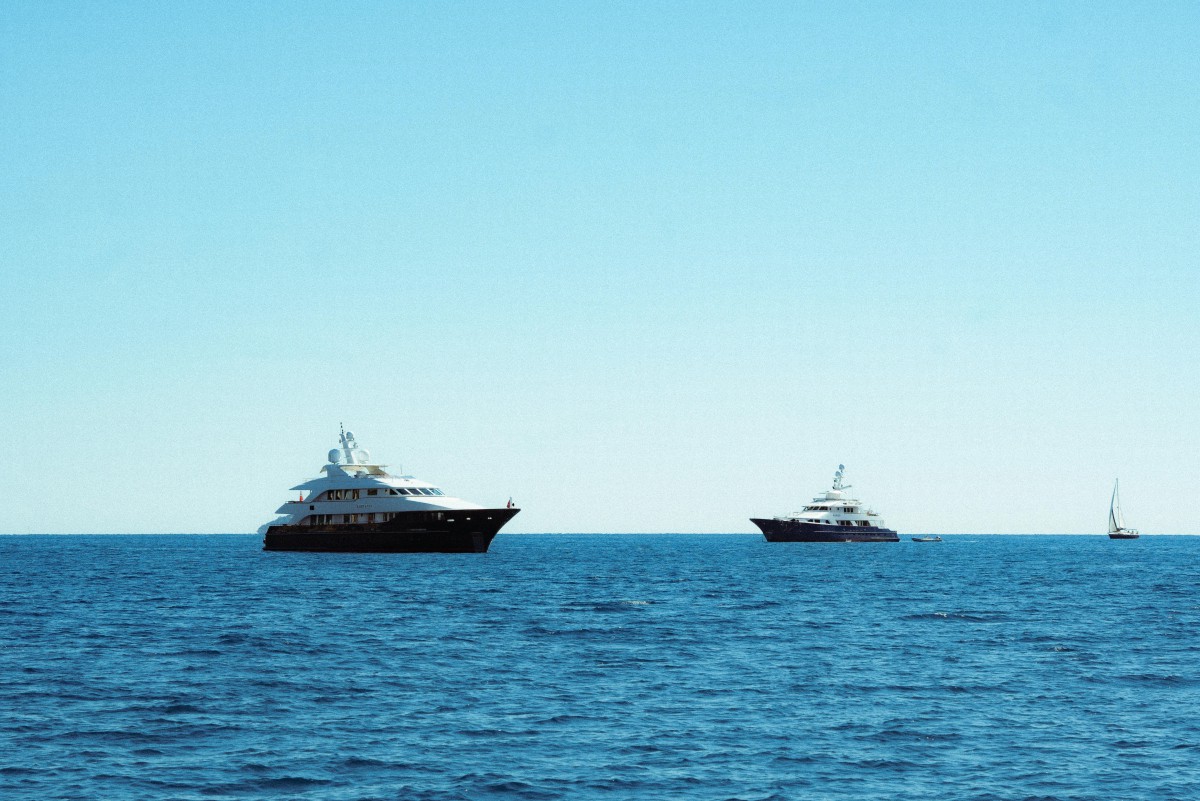
To work on a superyacht, we all know the basics: STCW, an ENG1 and the right visas. Over time, additional requirements have slowly been introduced which have been driven by regulation and evolving technology. Safety drills are routine, CCTV is widespread, cybersecurity training is gaining traction. Physical security and fingerprint access are no longer unusual on board. But for an industry that prides itself on standards, recruitment and vetting still haven’t caught up. Are employers truly doing everything they can to hire the right people? Or, in the rush to crew up before season, are we still prioritising availability over accountability?
In yachting, change often follows tragedy. The Costa Concordia disaster led to updated SOLAS mandates. Fatalities on Ocean Victory drove new standards for safe anchor handling. The gangway regulation updates of 2020 were born out of repeated incidents. Even now, the investigation into S/Y Bayesian will almost certainly result in changes to stability testing.
But crew safety? Who we share cabins with, who we follow into engine rooms, who we trust to serve guests, handle alcohol, operate machinery or respond in emergencies, that’s still often left to gut feeling and a handshake. Let’s take a moment to consider crew vulnerability, and why, in many cases, crew could be considered especially at risk within the superyacht industry.
First, there’s the physical environment. Crew live in extremely close quarters, often sharing compact cabins with up to four others, sleeping in narrow bunks with little personal space. They eat together in the crew mess, unwind in a shared lounge and pass each other constantly in tight corridors. Privacy is virtually non-existent. Layered onto that is the common presence of alcohol and, in some cases, drugs. As Captain Kelly Gordon put it:
“Far too often we’ve heard about someone found floating in the marina because they were drunk, alone and had trouble getting onto the boat. As captains, it’s our worst fear.”
Mixing substance use with confined environments and long hours, stress and isolation from the outside world creates conditions that can easily become volatile.
Then there are the power dynamics, based on rank, gender, nationality or age that can shape everything from day-to-day interactions to whether someone feels safe reporting an issue. On many vessels, hiring and firing can be informal and fast. Crew often think twice before speaking up, especially if it risks their job or next reference. We also can’t ignore the emotional reality. Many crew join the industry not just for adventure or pay but as a way to escape difficult situations on land. While that’s not true for everyone, it’s common enough to matter. And in a high-pressure, closed environment with few formal HR channels, those unspoken histories can make people more susceptible to harm.
Of course, not every yacht is unsafe. Many captains and owners foster a strong safety culture and look after their crew. But those who’ve spent time in the industry have heard the stories, and those stories can no longer be brushed aside.
Paige Bell’s death was shocking. There’s no way to soften it: this is a dark moment in our industry’s history. And while the full circumstances are still under investigation, one thing is already clear: the call for change is loud and urgent.
There’s been incredible unity from crew over the last few weeks. The petition, the conversations, the awareness, the financial support, it matters. But we must also ask: what else can we do, practically and proactively, without waiting for a mandate?
Yes, policy change is needed , whether that’s better hiring procedures, improved reporting mechanisms, or embedding HR systems into an industry that has long operated without them. But the clearest and most immediate request from crew has been this: background checks. To know, at the very least, that the person they share a bunk or break with hasn’t got a violent or concerning history.
Not because background checks are the quick fix. Not because anyone believes they could undo what’s happened. But because crew want to feel like someone, somewhere, is checking. So that before they share a bunk, a night shift or an engine room with someone, basic due diligence has taken place.
CrewPass has spent the past year developing a platform to make an already established business even easier. It offers background screening across criminal history, certification authenticity, financial risk and social media red flags, factors that often go unexamined in today’s hiring process.
This tool won’t change the past, but it’s one step toward a safer future. The question now is whether the industry will take it. The time between tragedy and reform doesn’t have to be idle.
We’re ready. The platform exists. The crew have spoken. What happens next is up to the industry.
As an open-source platform we offer an industry-wide invitation to anyone and everyone in our sector to share their knowledge, experience and opinions. So if you have an interesting and valuable contribution to make, and would like to join our growing community of guest columnists, share your ideas with us at newsdesk@thesuperyachtgroup.com
NEW: Sign up for SuperyachtNewsweek!
Get the latest weekly news, in-depth reports, intelligence, and strategic insights, delivered directly from The Superyacht Group's editors and market analysts.
Stay at the forefront of the superyacht industry with SuperyachtNewsweek
Click here to become part of The Superyacht Group community, and join us in our mission to make this industry accessible to all, and prosperous for the long-term. We are offering access to the superyacht industry’s most comprehensive and longstanding archive of business-critical information, as well as a comprehensive, real-time superyacht fleet database, for just £10 per month, because we are One Industry with One Mission. Sign up here.
Related news
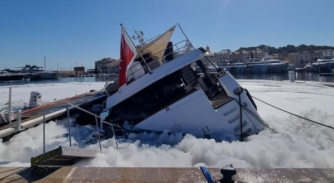
Sea Lady II ‘likely to sink’ after Saint-Tropez blaze
Authorities in Saint-Tropez are continuing recovery and pollution control operations following a fire aboard a 41-metre yacht last week
Fleet
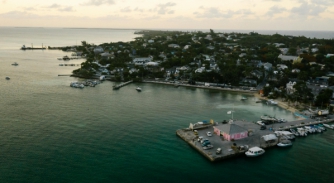
Man charged with murder of stewardess Paige Bell
A 20-year-old stewardess was found dead aboard Far From It in the Bahamas. A fellow crew member has been charged with her murder
Opinion
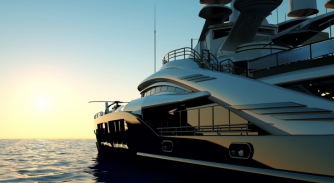
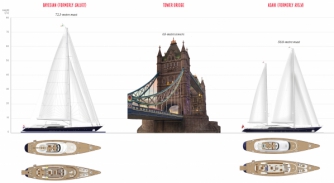
Bayesian: a canary in a coal mine
Was the Bayesian tragedy a perfect storm of design ambition, regulatory blind spots and operational margins tested to failure?
Opinion
-copy.jpg)
The Crew Conundrum: What the industry really thinks
From mental health to training, pay and progression, the conversation around superyacht crew is louder than ever. But what does the industry itself think?
Crew
Related news
Man charged with murder of stewardess Paige Bell
7 months ago
Where safety meets style
7 months ago
Bayesian: a canary in a coal mine
8 months ago
The Crew Conundrum: What the industry really thinks
8 months ago
NEW: Sign up for
SuperyachtNewsweek!
Get the latest weekly news, in-depth reports, intelligence, and strategic insights, delivered directly from The Superyacht Group's editors and market analysts.
Stay at the forefront of the superyacht industry with SuperyachtNewsweek



